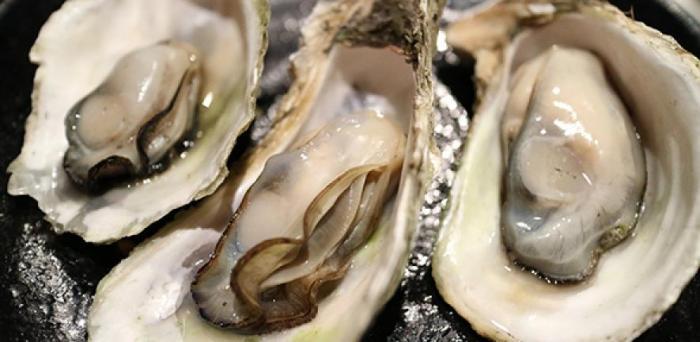Over two billion people worldwide are nutrient deficient, leading to a wide range of serious health problems. Fortifying food with micronutrients is already an industry standard for enhancing public health but now scientists at Cambridge’s Department of Zoology have teamed up with Cambridge-based company BioBullets to supercharge one of the world’s most healthy and sustainable sources of animal protein: bivalve shellfish such as oysters, clams and mussels.
Dr David Aldridge and PhD student David Willer have produced the world’s first microcapsule specially designed to deliver nutrients to bivalves which are beneficial to human health. These “Vitamin Bullets” – manufactured under patent by Aldridge’s company, BioBullets – are tailored for optimal size, shape, buoyancy and to appeal to shellfish.
This breakthrough, described in a study published in the journal Frontiers in Nutrition, is particularly valuable because when we eat bivalves, we consume the entire organism including its gut, meaning that we digest the nutrients which the animals consumed towards the end of their lives. This makes bivalve shellfish the ideal target for nutritional fortification.
In their Cambridge laboratory, the scientists trialled Vitamin A and D fortified microcapsules on over 100 oysters to identify the optimal dose. They also established that this should be fed for 8 hours towards the end of “depuration”, the period in which bivalves are held in cleansing tanks after being harvested.
The team found that fortified oysters delivered around 100 times more Vitamin A, and over 150 times more Vitamin D, than natural oysters. Even more importantly, they dramatically outperformed salmon, one of the best natural sources of these vitamins. The fortified oysters provided more than 26 times more Vitamin A and over four times more Vitamin D than salmon. The scientists found that a serving of just two of their supercharged shellfish provided enough Vitamin A and D to meet human Recommended Dietary Allowance (RDAs).
Image: Oysters
Credit: Image by Yung-pin Pao from Pixabay
Reproduced courtesy of the University of Cambridge
